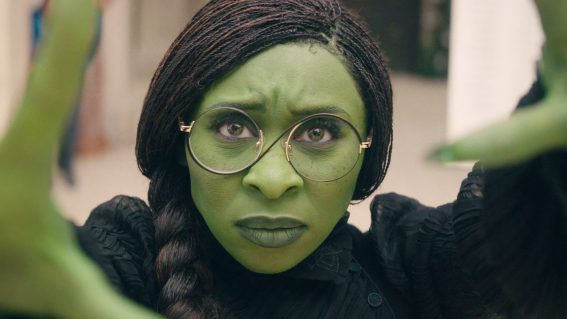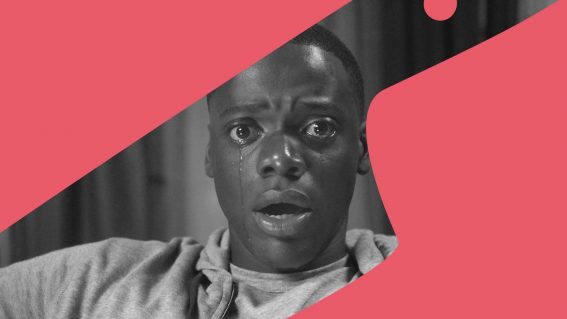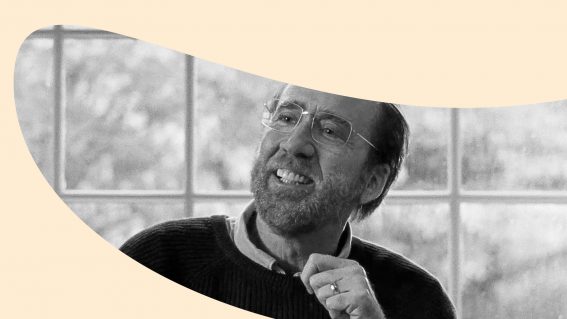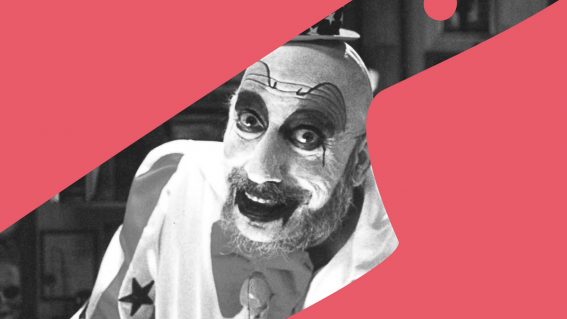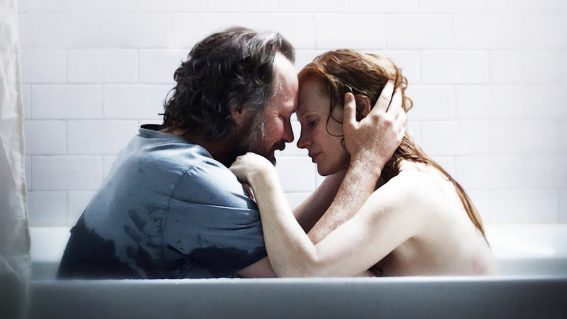Knock Down the House and Peterloo make perfect post-election palate cleansers
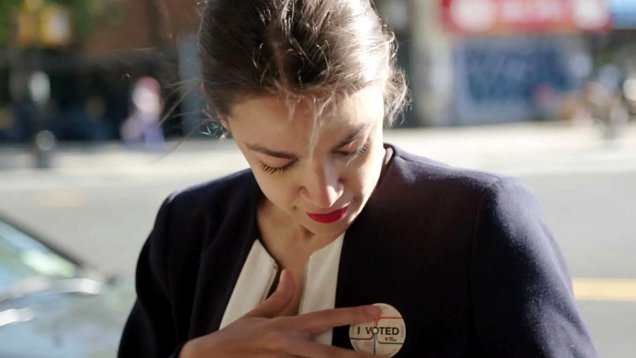
Tired of the endless waffle you heard during this election campaign? Two currently released films – one available to stream, the other now in cinemas – look at democracy from interesting and inspiring perspectives. They make perfect post-election palate cleansers, writes Luke Buckmaster.
In the cut and thrust of a federal election campaign, it’s easy to get lost in the spectacle of it – or so drowned out and disinterested one shuts down like the blue screen of death. Politics is a sport and playing it requires winners, losers, goals, own goals and various elbows to the face. From the bleachers seats it can look like a meaningless argy-bargy battled out by Tweedledee and Tweedledum. In Australia’s recent history: Bill Shorten on one side offering this and that, and Scott Morrison on the other offering that and this.
So, in the final week of this onerous triennial convention we call a federal election campaign, I found myself pleasantly surprised to be watching not one but two fine films that present thoroughly interesting perspectives on democracy – examining the good and bad, and even the outright horrible, but with an overall emphasis on its virtues. The first is Knock Down the House, the Netflix David-vs-Goliath documentary about progressive Democrat candidates running for Congress in the 2018 midterm elections. The second is British filmmaker Mike Leigh’s period drama Peterloo, which recreates events leading up to a real-life massacre in which 18 peaceful protests were killed and hundreds of others injured.
Both films explore grassroots movements. The message they impart to aspiring politicians is: take to the streets, argue your point, meet people, absorb their stories, never lose sight of the common person. In Australia in recent years we’ve seen some spectacular examples of when this last dictum was violated, and it’s always a bad look. Bronwyn Bishop for example taking taxpayer-funded helicopter rides to the grocery store (more or less) or Joe Hockey and Mathias Cormann chomping on big cigars before delivering a penny-pinching budget. Such instances make us wonder: what happened to government being of the people, by the people, for the people?
The young Bronx-born progressive Alexandria Ocasio-Cortez (who was elected to Congress in June 2018) is nothing if not of the people. Early in director Rachel Lears’ Knock Down the House the plucky politician declares that she is not entering the race to put pressure on the left; she is in it to win it. This simple statement resonates with people who are cynical of politics. Often we hear about supposed leaders whose personal ideologies are chewed up by the system – people like Peter Garrett, for instance, sacrificing their own beliefs on the altar of party policy, resorting to the tired justification that it is better to piss from inside the tent than out.
Ocasio-Cortez discusses how her job as a waitress/bartender helped prepare her for politics. She knows what it’s like to be constantly on her feet; she is used to working very long hours; she is accustomed to being around people trying to make her feel bad. It is an inspiring perspective, interpreting her working class roots as a virtue. Throughout the campaign Ocasio-Cortez focuses on building energy and momentum, believing that her political aspirations mean nothing if she doesn’t bring the community with her. “Without community, there is no liberation,” as the feminist and civil rights activist Audre Lorde famously said.
Mike Leigh also evokes a sense of community in Peterloo, turning what could have been a dry history lesson into a film with a rousing sense of people and purpose. The story involves two kinds of communities: the agitators and commoners, who meet and mobilise with the purpose of demanding democratic reform (taking umbrage at the injustice of having taxation without representation), and the well-to-do powers that be, who would like them to shut up and go away. The director pauses for long moments to focus on various discussions, held in warehouses, taverns and homes (for the common people) and in parliament, government buildings and posh abodes (for the well-to-do).
There are more political speeches in this movie than Labor and Liberals’ election campaigns combined. Don’t let that deter you. Unlike the palaver from Scott Morrison and Bill Shorten, these speeches have eloquence. They impart a sense not just of a movement being built, but a discourse: a series of propositions and rationalisations; a means for people to come to terms with the world and their place in it.
Among Leigh’s many achievements in this boldly structured, protagonist-less film is the presentation of a nuanced perspective on both sides, neither glorifying the activists nor demonising the authorities. Despite the atrocity depicted at the end, Peterloo is a dialectical film about the power of ideas. It makes a point that we are fortunate to have peaceful protest in our society today – therefore we ought not to take such a liberty for granted.
Peterloo makes you want to protest with your voice; Knock Down the House makes you want to protest with your vote. If you need a post-election palate cleanser, but want to remain engaged with political ideas, these fine films are highly recommended.






